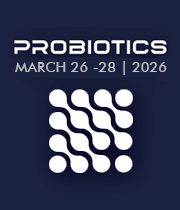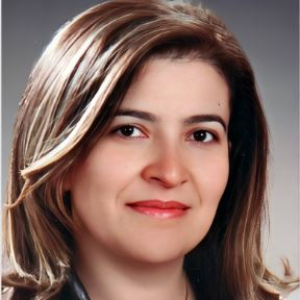Title : Impacts of humate and probiotic supplementation on performance, egg quality and blood parameters of layer hens under different cage densities
Abstract:
The aim of this study is to determine the effects of humate and probiotics added to the diets of laying hens housed in different cage densities on performance, egg quality and blood parameters. In the study, laying hens were kept in two cage densities as 4 and 6 (540 ve 360 cm2/hen) chickens in cages. Experimental groups were fed with control (basal feed), basal feed + 0.15% humate and basal feed + 0.15% probiotic added diet. At the end of the research, as the cage density increased and the cage area per animal decreased, feed consumption, egg weight and feed conversion rates decreased (p<0.01). This situation, which is caused by the cage density, was somewhat improved with the addition of humate and probiotics to the diet (p<0.01). The effect of cage density and additives on egg quality characteristics was insignificant except for albumin index and Haugh unit. Blood serum parameters such as glucose, creatine, total protein, albumin, globulin and corticosterone levels increased significantly with the increase in cage density (p<0.05 and p<0.01). Humate and probiotic supplements added to the diet had an insignificant effect on triglycerides, cholesterol VLDL and corticosterone, but significantly affected other blood parameters. As a result, it was observed that humate and probiotic supplementation partially alleviated the negative effects of stress caused by increased cage density by improving the laying performance and metabolic profile.




